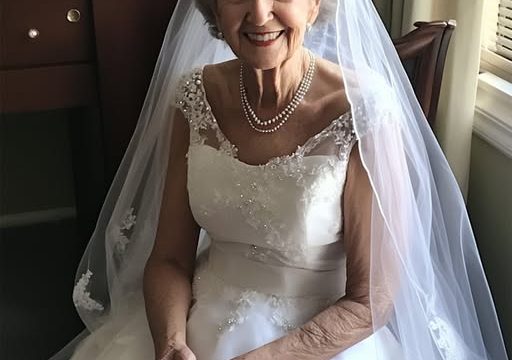Traveling by plane is often a mix of excitement and stress. You’re ready to reach your destination, but there’s always that underlying tension—will the flight go smoothly? Will everything go according to plan? For me, a recent flight turned into an unexpected test of my boundaries and self-respect when I was asked to switch seats.

It started as a typical flight. I had booked my seat in advance, choosing a window seat to enjoy the view and have a little personal space. As I settled in, ready to relax, a fellow passenger approached me with a polite yet insistent request: “Would you mind switching seats with me?”
This wasn’t just a casual ask. The passenger explained that they wanted to sit with a friend who was seated a few rows back. They made it clear that they would really appreciate it if I could move. The request seemed simple enough, but it immediately put me in a tough spot.
As the person explained their situation, I felt the pressure to comply. After all, I didn’t want to seem rude or uncooperative. But at the same time, I had chosen this seat for a reason. It was my right to stay where I was, and I wasn’t obligated to switch. The decision wasn’t easy.
In situations like these, it’s important to consider your own comfort and needs. While helping others is admirable, it shouldn’t come at the cost of your own well-being. I realized that I had every right to politely decline the request without feeling guilty or pressured.
Ultimately, I decided to say no. It wasn’t about being difficult or unkind—it was about standing up for my own preferences and comfort. I calmly explained that I had chosen my seat specifically and would prefer to stay there. It was a small act, but it felt empowering.
My refusal was met with a mix of surprise and mild frustration. The passenger seemed taken aback but eventually accepted my decision and moved on. It was an awkward moment, but it passed quickly. I felt a sense of relief knowing that I had stood my ground.
As the flight continued, I couldn’t help but reflect on what had happened. Saying no wasn’t easy, but it was necessary. It reminded me of the importance of personal boundaries, even in situations where social pressure is strong. I had chosen to prioritize my own needs, and that was okay.
This experience also made me think about how often we’re faced with similar situations in our daily lives. How many times do we feel compelled to say yes when we really want to say no? How often do we compromise our own comfort to accommodate others? It’s a balancing act, but one that’s crucial for maintaining our sense of self.
This flight taught me a valuable lesson: it’s okay to prioritize yourself. In a world where we’re often encouraged to be accommodating and flexible, there’s nothing wrong with asserting your own needs. Saying no doesn’t make you selfish; it makes you self-aware.
Politeness is a virtue, but it can also be a double-edged sword. We’re taught from a young age to be polite, to say yes, to go along with requests even when they inconvenience us. But there’s a fine line between being polite and being a pushover.
It takes courage to say no, especially in a situation where you might be judged or misunderstood. But that courage is essential for maintaining your own well-being. In the end, the respect you have for yourself should outweigh the fear of disappointing others.
Every situation is different, and the decision to say yes or no is a personal one. What’s important is that the choice is yours to make. You shouldn’t feel obligated to comply with requests that make you uncomfortable or that you simply don’t want to fulfill.
In the end, my decision to stay in my seat wasn’t just about a seat on a plane—it was about embracing the power of no. It was a reminder that my comfort and preferences are just as important as anyone else’s. And it’s a lesson I’ll carry with me, both in the air and on the ground.
Standing your ground, whether at 30,000 feet or in everyday life, is a powerful act of self-respect. Don’t be afraid to say no when it’s the right choice for you. After all, the only person who truly knows what’s best for you—is you.





